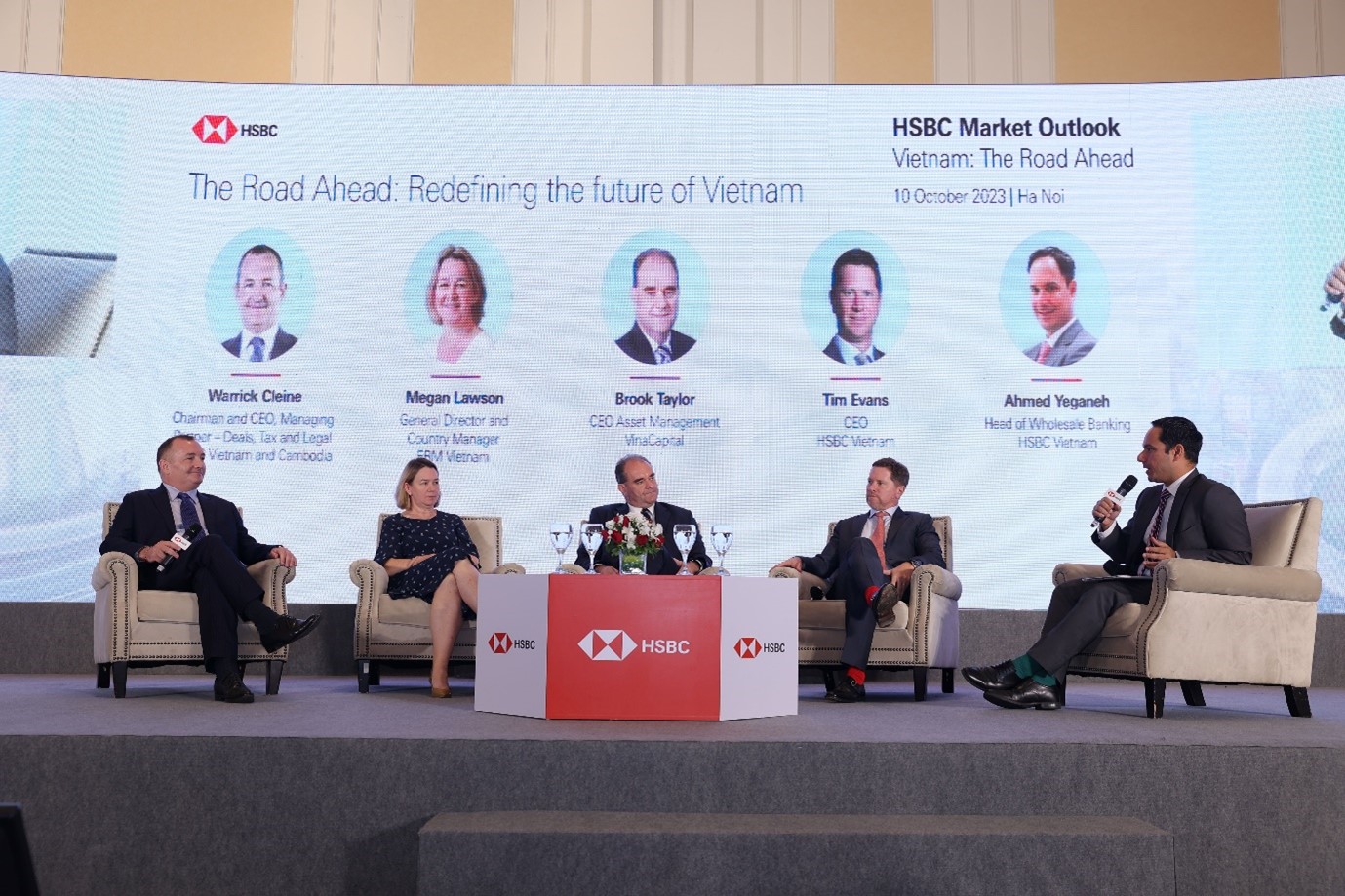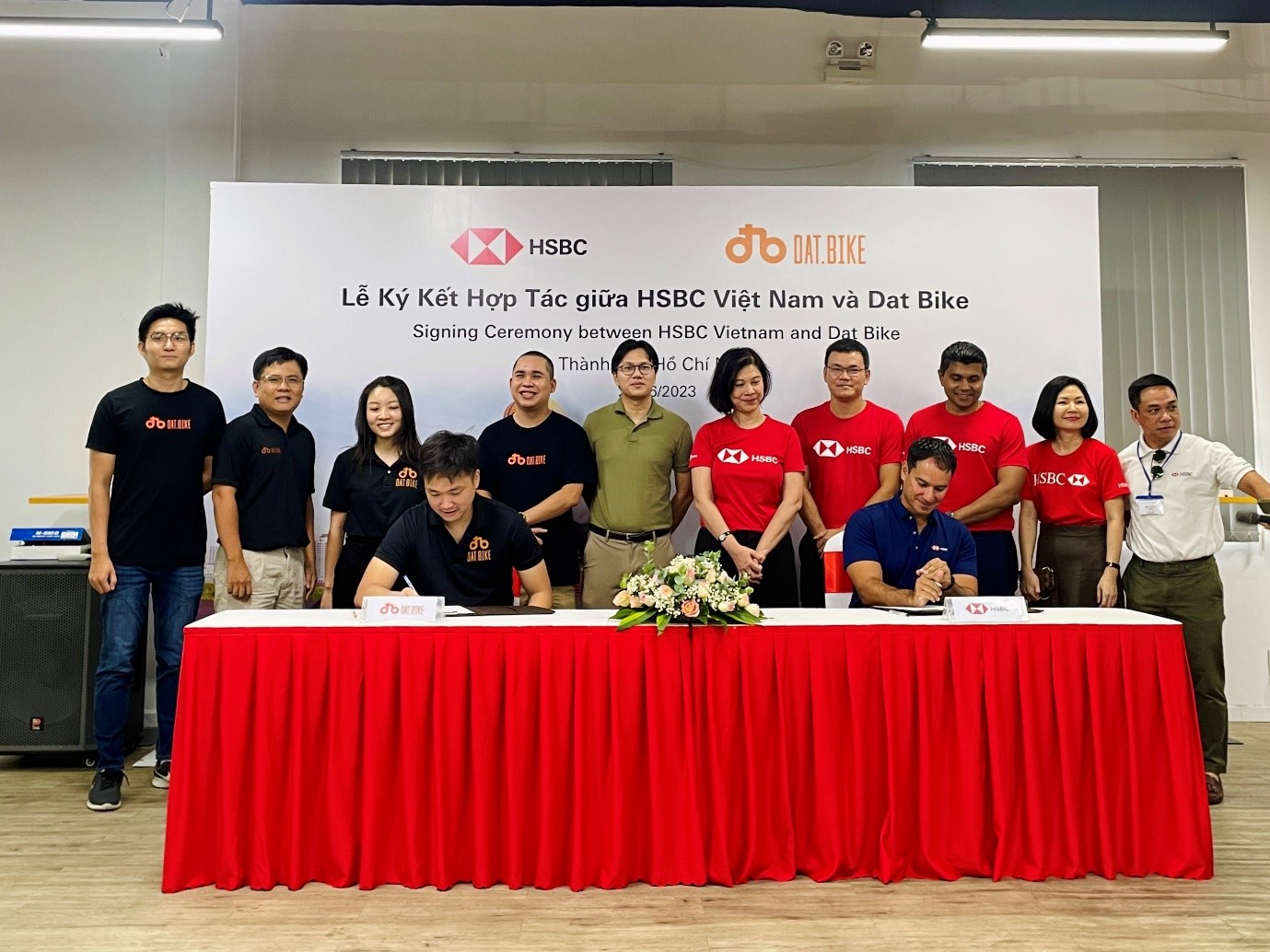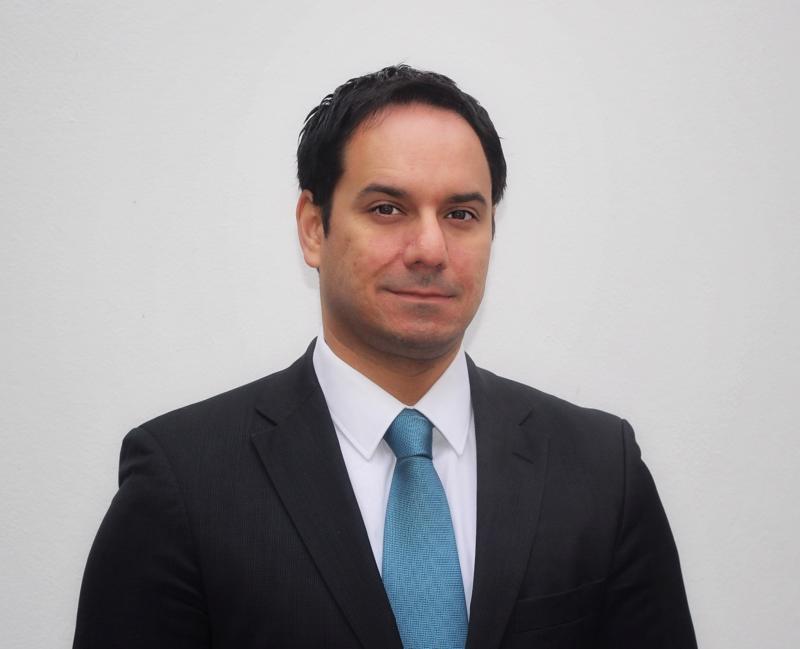The term “new economy” first surfaced in the 1990s, to describe the rise of high-growth industries that promised growth within a very short period of time. And then came the broader use of the term “technology”.
It was also a time when major tech startups-turned-conglomerates we know today were founded. Success stories include Google, Amazon, and Nvidia, among others. These companies later went on to transform the way we live, and at the same time created a booming jobs market that continues to thrive today.
What are your thoughts on the new economy landscape?
The new economy is definitely fueling global economic growth, especially in ASEAN and Vietnam. It is impacting not just overall productivity but also increasing and improving living standards in many countries, particularly in Asia.
What challenges will the new economy face?
Companies operating in this space face many challenges in their ambition to scale up and grow their operations. Some of these challenges may include gaining access to knowledge, skills, and expertise in capital, and how to build strategic partnerships and collaborations within the ecosystem and expand their global networks. At HSBC, we believe we have a role to play by taking the time to understand our clients and their business needs and giving them advice and support to help them achieve their goals.
What is in there for banks like HSBC?
Capital is the lifeblood of all companies, and particularly companies in the new economy who need access to different forms of capital to realize their visions and truly impact the world. Pitchbook data from last July shows that venture capital funding globally had almost halved in the first half of 2023. This could have been due to rising interest rates and global instability, which made deal-making a lot more expensive. While investors shied away, HSBC remained committed to supporting new economy companies, with a goal of helping promising businesses find their footing wherever it was needed.
In June, we launched HSBC Innovation Banking, a new and larger entity that includes the former Silicon Valley Bank UK, acquired in March by HSBC UK. We also formed innovation teams in multiple markets to deliver a globally-connected, specialized banking proposition to support a broad range of innovation businesses and their investors.
What is the key driver behind all these changes?
We recognize the value that the new economy brings to the larger economy. Industry has changed and reshaped, and now plays a more prominent role in terms of employment and wealth creation.
Our hope is that we can partner with companies when they are young, when they are beginning to become established, and accompany them until they are ready to take on bigger things, then continue to support them through providing access to more sophisticated and complex solutions.
What makes HSBC different from other banks?
Profitability may not always accurately reflect a company’s potential, especially in its early stages. We therefore take a comprehensive approach to evaluating companies, including analyzing their historical portfolio performance, key operating metrics, growth plans, and customer acquisition strategies.
We also consider their unique business model, competitive advantages, and cost structure, and their path to profitability. We want to understand their needs, establish partnerships, and provide customized solutions for their growth journey.

With my experience in banking, I understand the importance of helping young businesses find the right partners that can support them through the early years. It is also why we continue to focus the bank’s efforts on reaching out to these companies and helping them gain access to the right connections and resources that are needed to grow.
Being consistent in our view that banking is relationships, we take a long-term view of companies in the new economy sector. We believe we understand the risks, we have experts and the scale, and, most importantly, we take time to understand the companies, and provide tailored ideas and solutions to support their growth.
Can you elaborate on that?
Working with us means our clients can access the bank’s global network across 60 markets and we can link clients with like-minded potential partners. We regularly host events to facilitate knowledge exchange and networking. As a universal banking group, HSBC can also provide a wide range of services, including retail and private banking services to cater to the employees and owners of businesses, as well as investment banking services to support access to wider pools of capital.
Clients also benefit from streamlining their cash operations through the HSBCnet platform, which allows one to see all bank accounts globally in one view, which is useful for companies who operate in multiple markets. It enables our clients to manage their cash on a consolidated basis, whether they’re selling in the Philippines, buying in Indonesia, or selling in Vietnam. The platform also provides real-time updates, allowing ease of moving money from one place to another, or simply putting their cash to good use.
What are some examples?
In June, we announced cooperation with Dat Bike, a Vietnamese electric bike manufacturing company founded in 2019 by renowned software engineer Nguyen Ba Canh Son. It was the first to tap HSBC’s capabilities to support high-growth technology companies in Vietnam, seeking expansion across Southeast Asia and further afield.
In this initial stage of cooperation, we supported Dat Bike to increase its automation rate by upgrading its accounting system, allowing it to create and approve the bulk of transactions with just one click, saving processing time and transacting more effectively and accurately while minimizing human error.
In order to support the electric vehicle startup to approach more opportunities in fundraising rounds, HSBC also offers one consistent platform for Dat Bike to centrally manage treasury, setting the company’s strong foundation to expand to other Southeast Asian markets, starting from Singapore, the biggest investor in Vietnam during 2022 and the first five months of 2023.

What do you think about the new economy’s prospects in Southeast Asia and Vietnam?
We see Southeast Asia as a bright spot, with a whole confluence of factors, from high levels of digitalization and rising purchasing power to a young demographic, which all make the region attractive for businesses to build and grow.
As one of the six largest economies in Southeast Asia, Vietnam is an attractive and dynamic destination in the eyes of international businesses for its economic resilience, competitive wages, skilled workforce, political stability, and the large number of free trade agreements it has signed over the past few years.
Vietnam’s new economy is among the fastest growing and possesses among the highest potential in Southeast Asia. Given the dramatic changes in Vietnam’s economy, in terms of the way companies are doing business, in changing consumer behavior driven by a growing middle class, and in the increasing internet penetration and high rate of e-commerce utilization, the new economy promises to play a key role in the country’s economic growth.
If you are in Vietnam, as I am, you can feel the level of excitement, and you will see the companies that are out there and how they are creating new engines of growth for the region and the world.








![[Interactive]: Economic overview - January 2026](https://premedia.vneconomy.vn/files/uploads/2026/02/09/d24c3b3cc20f441bb395a89e62a2764e-69165.png?w=400&h=225&mode=crop)
 Google translate
Google translate